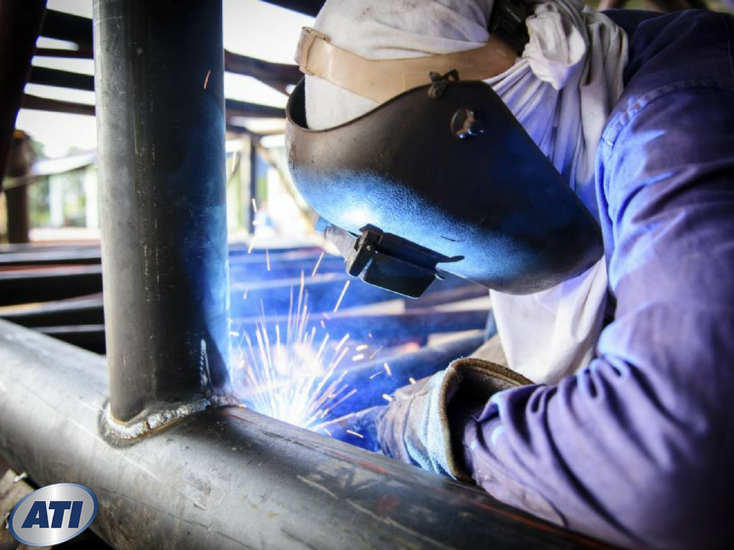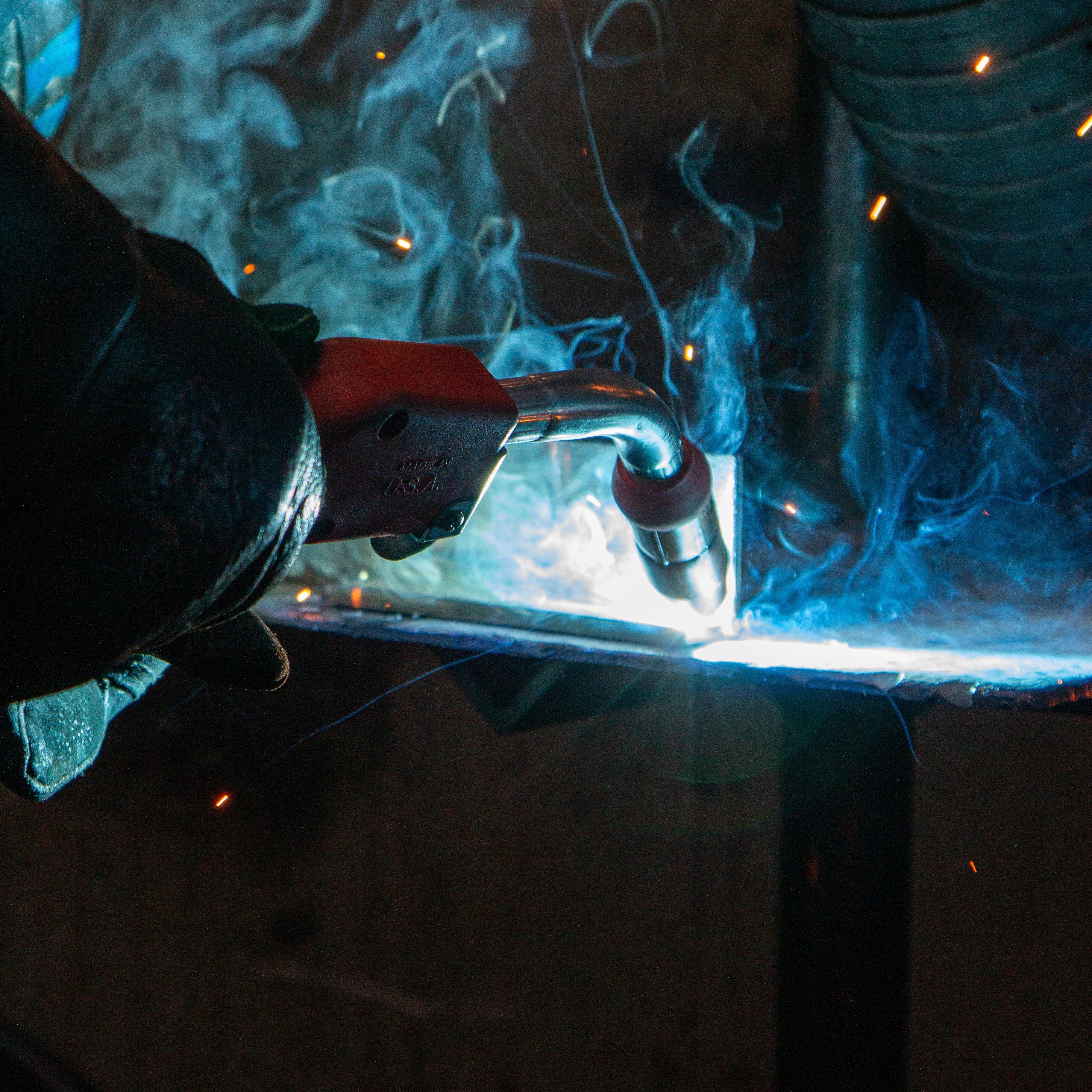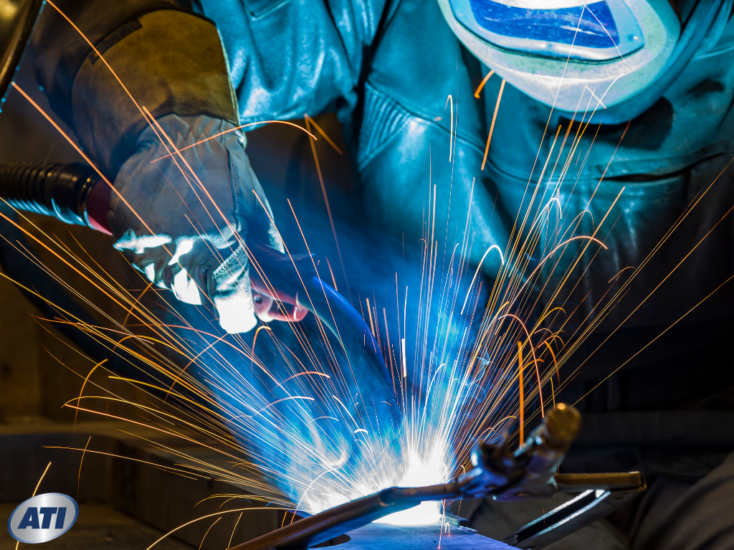Welding School Programs: What is it Like to go to Welding School?

If you enjoy working with your hands and building things, then welding could be the perfect career for you. Welders help build and repair everything from the tiniest cars to the mightiest ships. But in order to do that, you will need to go through a welding school program to learn how to perform this trade.
If you’re wondering what the field looks like, both the need for welders and the salary are healthy, according to industry and government sources. Qualified welders are in high-demand as there’s an ongoing shortage of them. The Bureau of Labor Statistics estimates average pay for welders, cutters, solderers, and brazers at $39,390, but the highest 10% earn more than $62,100.
What are Welding School Programs Like?
Attending any welding school program means spending a significant amount of time working in the shop, welding. They’re primarily practical programs, designed to teach you the technical skills you need to excel in your craft. You can only gain those skills through practice.
Depending on the exact makeup of the program, you may also learn skills associated with a specific industry or general “soft skills”. These can include:
- How to communicate clearly
- Technical writing
- The psychology of the workplace
- Skills or knowledge related to a specific industry
This means you’ll have to attend some classroom-based lessons and spend some time studying. You’ll probably find this easier to get motivated for than you did classes in high school though. The subjects you’re studying are closely related to the skills you’re learning and will help you in your career.
What will you Learn in your Welding School Programs?
Welding school is a mix of theory and practice. The exact mix depends on the program in question, but the following will give you a good idea of what’s ahead.
- Learn to weld plate and pipe in multiple positions: Welding plates or pipes while they sit on a workbench is one thing. But, if you want to get ahead as a welder, you also need to know how to weld pipes and plates together in the awkward positions that exist in real world jobs. There are separate qualifications for each position and a good school will teach you a broad range.
- Learn all of the major welding processes: There are many welding processes you can be certified in, but most of these are only used by specific industries. A good welding school will teach you the four major welding processes, (SMAW, GTAW, GMAW, and Flux Core Arc Welding.) These are the most common types of weld and the ones that most employers look for.
- Some programs teach industry-related skills: Skills such as technical writing, service management, communication, or theory about a specific industry can open up many career paths for you. Some courses teach these skills to help you progress in your career, in case you ever want the option to move into a more senior position.
How is a Certification Program Different from a Degree in Welding?
A welding certificate qualifies you to do a specific set of welds, such as welding horizontal pipes. When you take a degree program, you’ll get certified in all the most important types of weld for both sheets and pipes.
On top of that, a good degree program teaches you the related skills that will help you succeed in your career. More importantly, it documents those skills, so employers can be confident that you’re competent in them.
What Jobs are Available for each Level?
A single certification in welding qualifies you for an entry-level job as a welder. You’ll need several certificates though, as well as on the job experience, before you can move up to a supervisory role. Having the multiple certifications you get with a degree makes you more useful than someone with a single certificate. It also puts you on a fast track to better jobs within the field.
With some documented experience in the workplace and your qualifications, you could become a supervisor, a welding inspector, or a teacher or trainer. All these roles give you more responsibility and better pay.
Good welders with certification in multiple weld types are also the most obvious candidates for learning to manage, maintain, program, and operate robotic welding cells. These robotic units are widely seen as a solution to the shortage of skilled welders, and their operators could be highly in demand in coming years.
Interested in a career in welding? Phone 888-346-2315 or visit The Advanced Technology Institute website now to learn about our Associate’s Degree in Maritime Welding Technology with Service Management. You could earn your degree in as little as 1.5 years!
Industry Knowledge
Welcome to the Advanced Technology Institute's Blog, your resource for industry insights and discussions on technologies shaping the future of automotive, heavy vehicle, hvac, welding, and other related career paths.
Explore how ATI's curriculum and hands-on learning opportunities can propel your career in the tech-driven world.


